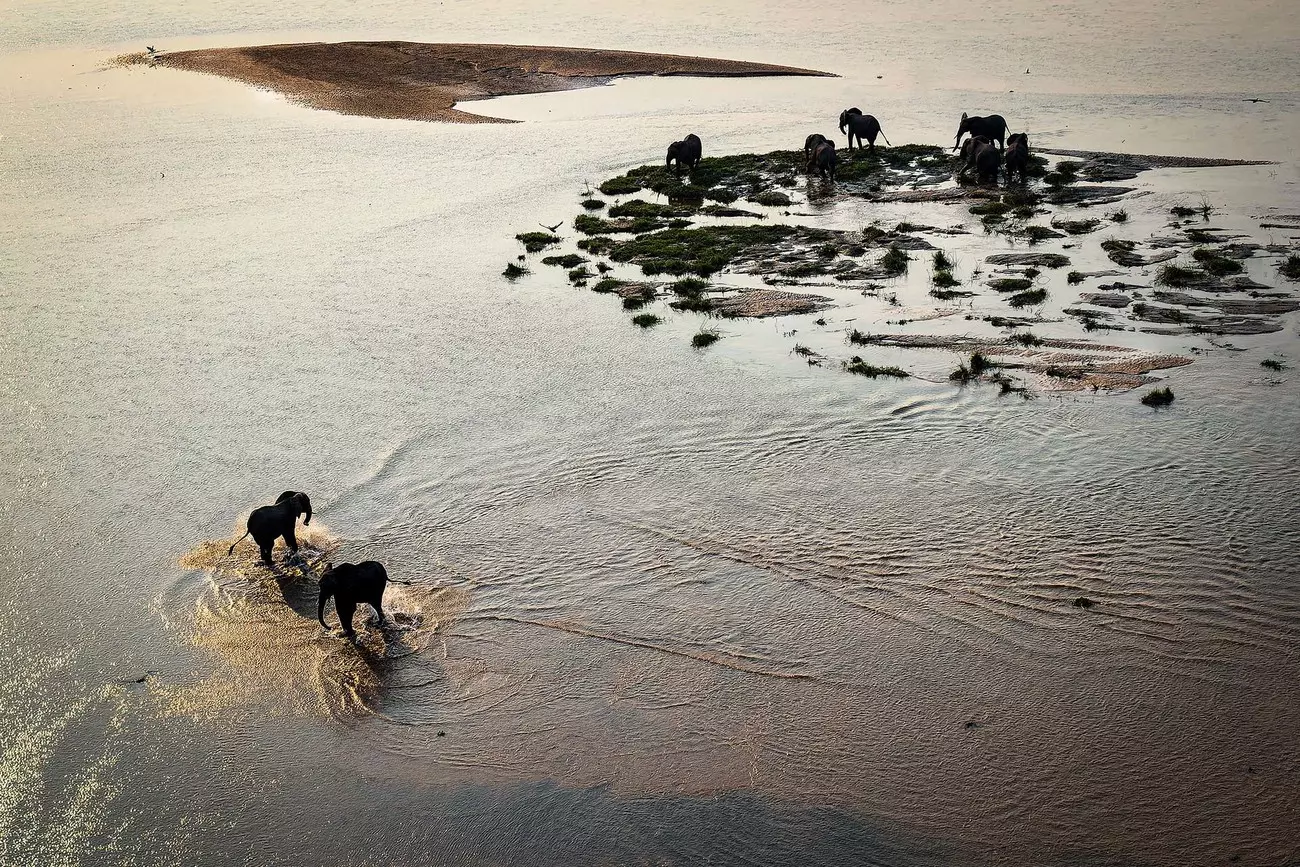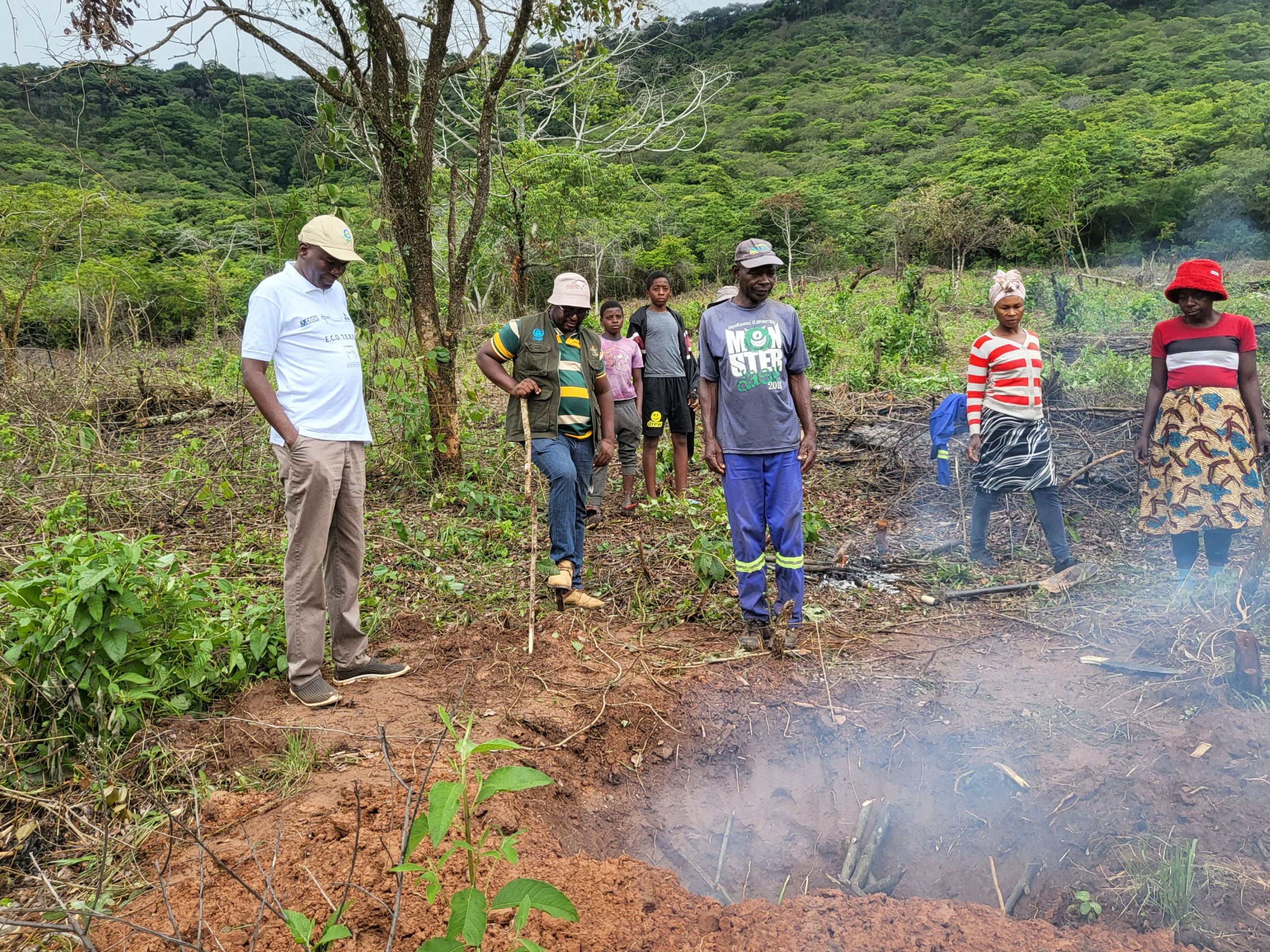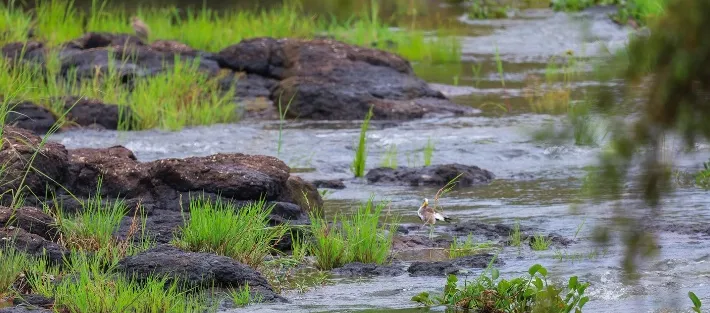A new report launched today on the sidelines of the 15th Meeting of the Conference of the Contracting Parties to the Ramsar Convention on Wetlands (COP15) is urging governments worldwide to acknowledge and integrate the vital role wild animals play in sustaining Africa’s inland and coastal wetlands.
The report, titled “Africa Special Report: Taking Animals into Account,” makes a compelling case for including animal-driven ecological processes in future wetland restoration and management efforts.
The report’s release comes at a critical time, with an estimated 3.4 million square kilometers of inland wetlands lost since 1700 and nearly one-third of freshwater fish species now facing extinction.
These alarming statistics underscore the urgent need for more holistic conservation strategies that go beyond traditional approaches focusing solely on hydrology and vegetation.
Produced by the Global Rewilding Alliance (GRA) in collaboration with practitioner partners and supported by IFAW, the report draws on extensive scientific studies and on-the-ground experience.
The report demonstrates how various wild animals actively contribute to maintaining wetland function and biodiversity.
Director of Science-Policy-Practice, Magnus Sylvén, emphasised the report’s significance for those implementing the Ramsar Convention.
“By recognising the fundamental ecological role of wild animals – mammals, birds, fish, reptiles, amphibians, and other organisms, we will become better at managing and restoring the world’s inland and coastal wetlands. This will dramatically increase the ecosystem services of wetlands to the benefit of all people on Planet Earth,” Sylvén said.
IFAW Regional Director for Africa, James Isiche, highlighted the interconnectedness of wetlands and wildlife.
“Wetlands are vital ecological connectors in IFAW’s Room to Roam initiative, supporting species like elephants as they move across borders and landscapes. Protecting and restoring these dynamic ecosystems is essential to building climate resilience, conserving biodiversity, and ensuring a future where animals and people thrive together,” Isiche said.
Deputy Director of Communications at GRA, May Scott, noted that the report “consolidates science showing how species such as elephants, hippos, fish, manatees, and waterbirds shape wetland landscapes and improve their ecological character.”
As global leaders convene in Victoria Falls to shape the future of wetlands, this report serves as a powerful call to action, emphasising that effective wetland restoration must encompass the animals that are integral to their ecological integrity.
Discover more from CLIMATE BRIEF
Subscribe to get the latest posts sent to your email.





